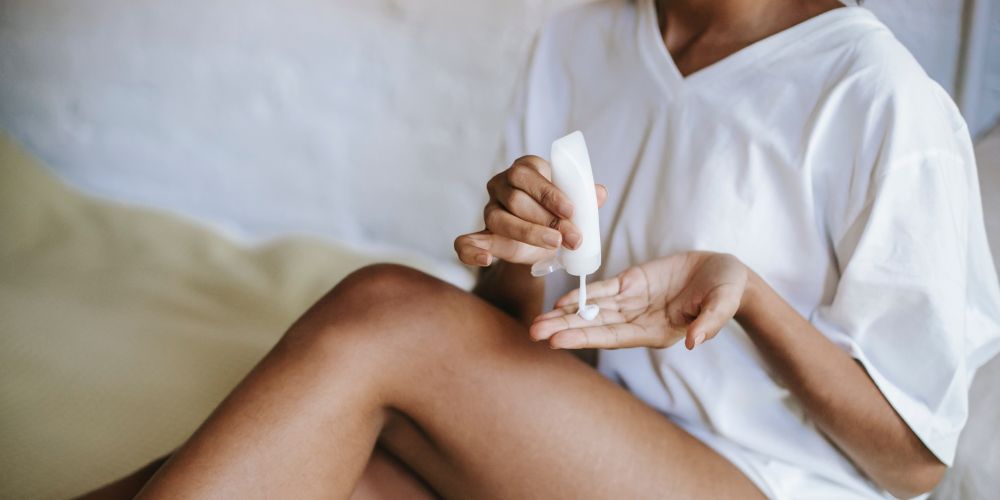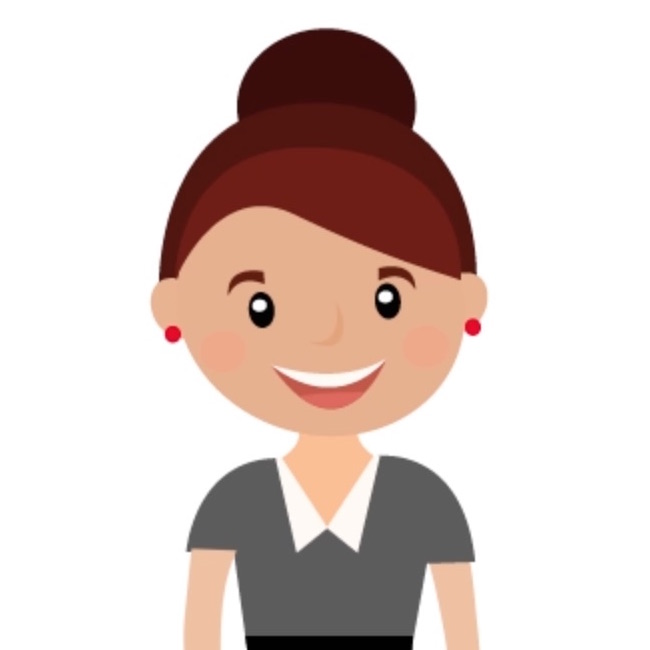August 18, 2021

Psoriasis is a skin disease that causes red, itchy, scaly patches mostly on the elbows, knees and scalp, but it can also occur on the palms of the hands, soles of the feet, nails, genitals and torso. It is a chronic inflammatory disease that affects one million Canadians, and there are several types of psoriasis that can range in severity.
Psoriasis can look like a few dandruff-like scales, to widespread patches that cover large areas of skin. People who have psoriasis go through cycles of flare ups and remission, with flare ups lasting anywhere from weeks to months. During flare-ups, psoriasis causes itchiness and pain in the inflamed skin. It’s a long term chronic disease with no cure; though there is treatment available to alleviate symptoms.
Signs and symptoms of psoriasis can vary from person to person, common symptoms include:
According to the Canadian Association of Psoriasis Patients, Psoriasis affects the regeneration of skin cells. In psoriasis, overactive signals in the body's immune system trigger new skin cells to form in three to four days instead of the normal cycle of 28 to 30 days. Because skin cells grow so quickly, they pile up on the skin surface creating painful and itchy red lesions called plaques, which can form silvery scales. Psoriasis is not contagious and cannot be spread from one person to another. What causes the immune system to malfunction isn't quite clear, but researchers believe both genetics and environmental factors play a role.
There are five main types of psoriasis:
Many people who are predisposed to psoriasis may be free of symptoms for years until the disease is triggered by some environmental factor. Common psoriasis triggers include:
Certain risk factors can also make you more prone to developing psoriasis, these include: family history, stress, obesity, smoking, heavy alcohol consumption, and infections. According to the Mayo Clinic, having one parent with psoriasis increases your risk of getting the disease, and having two parents with psoriasis increases your risk even more.
If you think you have psoriasis, consider booking an appointment with one of our GOeVisit practitioners or connecting with our partner Derm Café Canada! Derm Cafe Canada is here to help, providing fully remote specialist care for psoriasis and many other common dermatological conditions.

GOeBlogger is a health enthusiast and avid reader living and thriving in vibrant Vancouver. When she's not nerding out at her laptop, you can find her exploring the beautiful BC coastline with her dog.

Connect with us online for a virtual and personal consultation for minor illnesses.
Call us at 1-866-318-4748
Send us an email
Sign up for the latest news and offers delivered to your inbox.